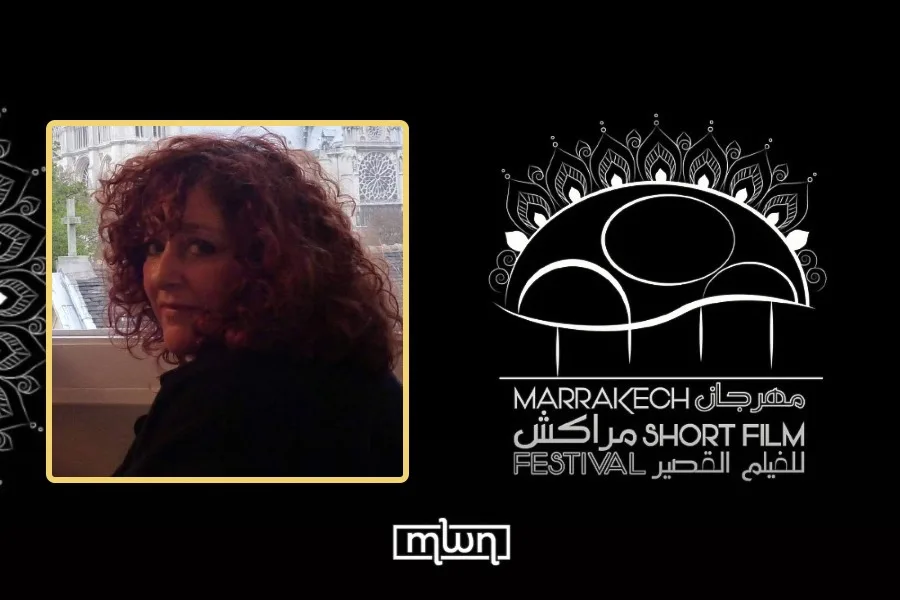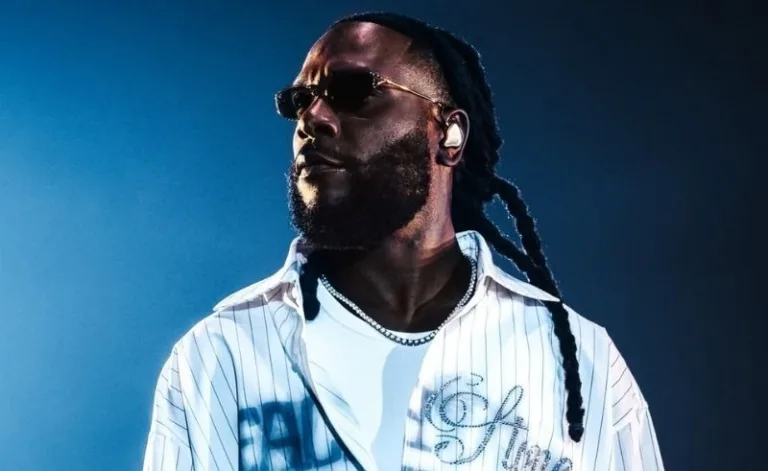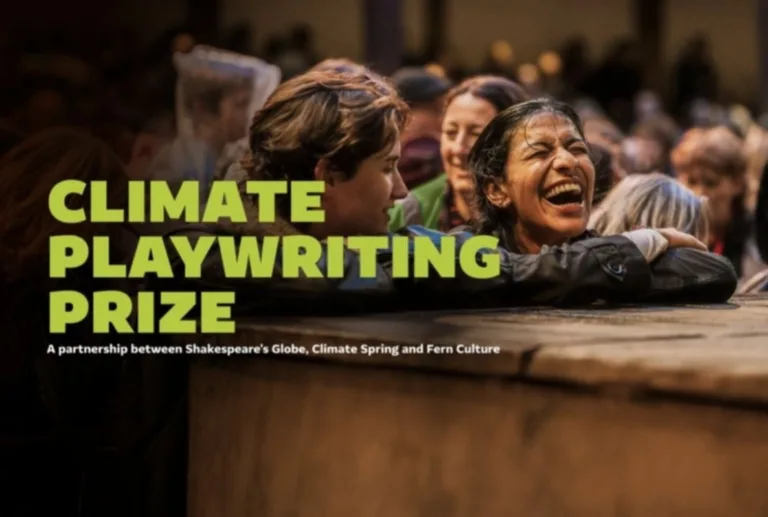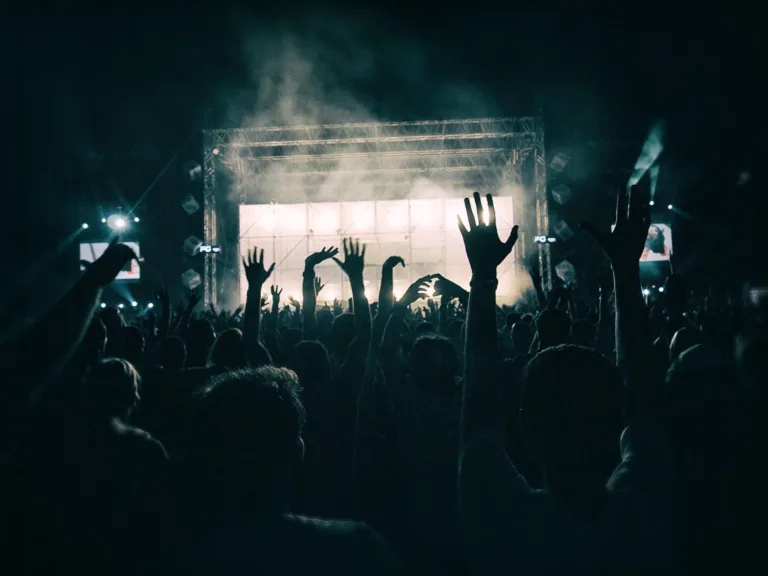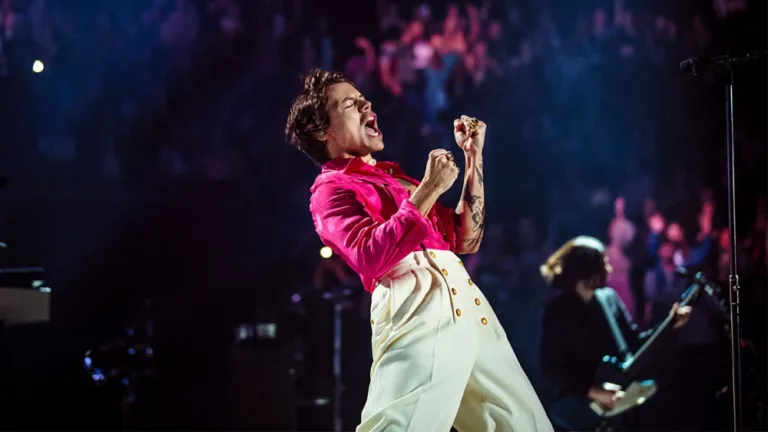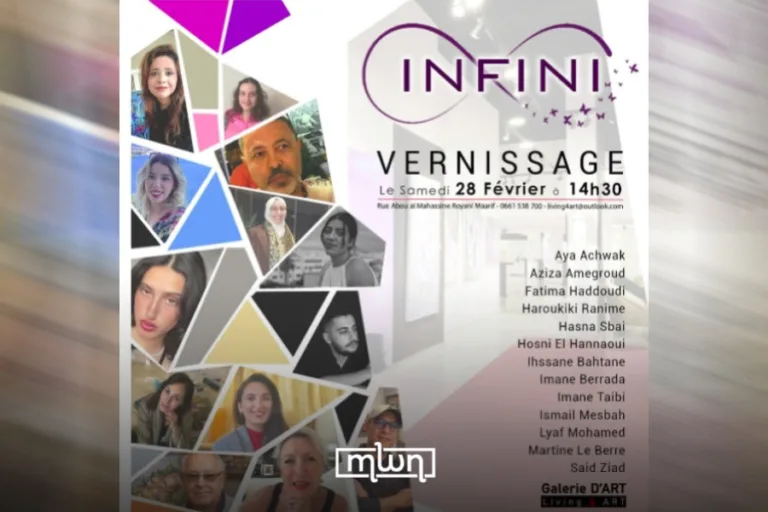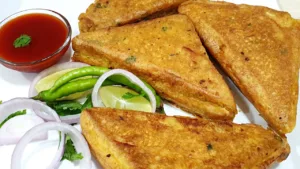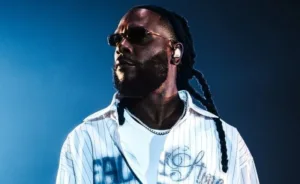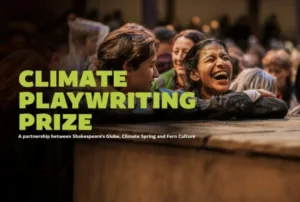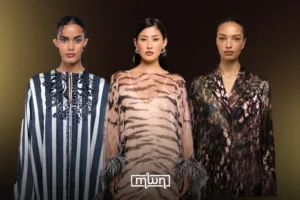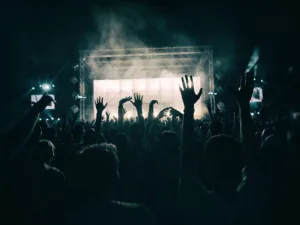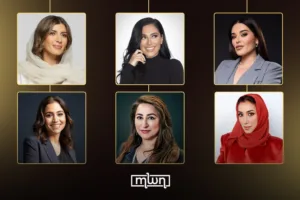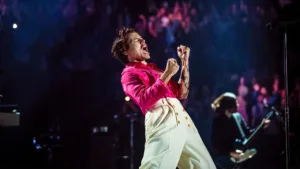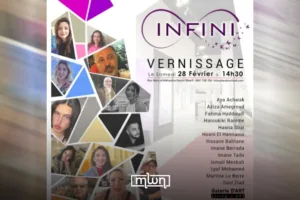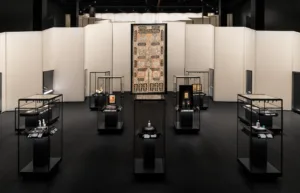Marrakech – Bahaa Trabelsi is a Moroccan screenwriter and one of the country’s most respected script writers.
She chaired the Film Support Fund Commission within the Marrakech Short Film Festival, a position that placed her at the heart of decisions about which films receive support, ultimately shaping the next generation of Moroccan cinema.
Her dual perspective as both writer and mentor makes her an authoritative voice on the direction of short films in Morocco and the wider Arab world.
The Short Film as a laboratory of risk
For Trabelsi, the short film is far from a minor exercise; it is cinema’s true laboratory.
“The short film festival is the terrain of risk,” she says in an interview with MWN.
Where a feature-length film must persuade, reassure and seduce its audience, a short film can afford to be disruptive and daring.
In ten minutes it can fracture a narrative, slip in a moment of poetry, capture a street or an atmosphere, and reveal what trembles beneath the surface. It speaks directly to youth and memory, to margins and identity.
She sees short films as heralds of the future: vertical and hybrid formats, documentary blending with fiction, digital and instantaneous.
They travel quickly across screens and borders, finding young, impatient, connected audiences eager to see themselves differently.
“If a feature builds the house,” she explains, “the short sketches its foundations, its cracks and even its dreams.” Many cinematic revolutions begin in these small forms.
Examples abound. The absurd humour and narrative experimentation of “I’m Not a Robot” (Netherlands, Oscar 2025) or the tiny Indonesian film “Prenjak” (Cannes, 2016) show how a small work can become an international phenomenon. Trabelsi sees the same potential in Moroccan shorts.
Marrakech as a new crossroads
Because the Marrakech Short Film Festival is still young compared to longer-established festivals, Trabelsi believes it should invent rather than imitate.
It must not try to become a miniature Cannes or Venice. Instead, it could position itself as the true meeting point of Arab and African shorts, a place where languages, popular narratives and social anger mix freely and where Africa speaks to the world without foreign filters.
She argues that the festival’s strength will lie in inclusivity: hybrid and digital formats, women’s perspectives, diaspora voices, radical and minority visions, and low-budget films that speak louder than blockbusters.
More than a showcase, it should be a springboard, a place where audiences encounter filmmakers before they become international signatures.
“Marrakech must invent its own tone,” she says, “and become a launch pad, not just a display window.”
Her examples illustrate the point: Maryam Touzani’s “Aya va à la plage” (Morocco, 2015) turned a deeply intimate story into a film that travelled the world, while Croatia’s “The Man Who Could Not Remain Silent” (Palme d’Or 2025) shows how a festival can reveal an engaged, universal work.
Authenticity and international dialogue
Do Moroccan shorts reflect society or cater to international expectations? Trabelsi sees no simple definition.
Many films portray raw realities: working-class districts, family tensions, youthful dreams, everyday humour… and authenticity is their strength.
Others adopt universalised codes to appeal to foreign festivals. The best films manage both, remaining rooted while speaking a language that others understand.
In her view, this delicate balance is not a weakness but a mark of artistic maturity.
She points to examples such as Iran’s “Retouch” (2017), an intimate gesture turned into a universal narrative, or Hicham Lasri’s “Les Poissons du Désert”, a quirky, poetic work that is deeply Moroccan yet accessible abroad.
The script as foundation
As a script writer, Trabelsi repeatedly reminds filmmakers that a striking image without a story is a façade without foundations.
Morocco’s visual culture is rich and seductive, but the scenario remains central: credible characters, strong conflicts, steady rhythm and well-measured tension.
“Emotion comes from narrative, not from beauty alone,” she notes. When image and story hold together, Moroccan cinema can speak to the world; when they drift apart, style replaces substance and audiences feel it instinctively.
A distinct voice
Asked to define the “voice” of Moroccan short films in one sentence, Trabelsi describes it as “a young, raw breath that dares to say in ten minutes what others do not dare to say in two hours, with the force of a poem and the speed of a cry.”
This, she argues, is what makes the format so vital.
From autobiography to universality
Many young directors begin with stories drawn from their own lives. Trabelsi sees this as natural and sincere but encourages them to go further, to transform the personal into material of universal resonance.
A family dispute, a childhood walk, or a moment of trauma may reveal deeper layers: generational conflict, exile, the desire for freedom, the need for dignity.
When filmmakers touch these layers, their work transcends the self and speaks to everyone, whether the viewer lives in Casablanca or Tokyo.
She cites examples such as “Bawke” (Norway, 2005), a symbolic personal story of exile, or Tunisia’s “Souls of Bread” (2021), a local portrait that speaks to universal dignity.
Funding and monoculture
Public support and grant systems inevitably shape what gets made. In Morocco, Trabelsi observes, funding streams often open “boxes”, memory, exile, women, poverty, into which filmmakers slip, sometimes by conviction, sometimes by necessity.
The risk is monoculture: recurring themes pursued less out of urgency than because they are fundable.
Yet she remains convinced that talent overflows these constraints and that short films still offer a space of genuine freedom, intimacy, and surprise.
The challenge is to persuade decision-makers that diversity is an asset, not a threat, and to expand the collective imagination rather than reduce it to a fixed menu.
To be local or to be universal
The tension between being “too local” to be understood internationally and “too international” to remain authentic at home, Trabelsi is clear: the short film has nothing to prove.
It can be local and universal at once, rooted here yet understood elsewhere, precisely because it stays true to itself.
That is the promise she sees in Moroccan shorts and the horizon toward which the Marrakech Short Film Festival can steer a new generation of filmmakers.
For Bahaa Trabelsi, the short film is more than a stepping stone; it is living proof that Moroccan and Arab cinema can be at once intimate and universal, rooted and borderless.
By trusting young voices, daring forms and authentic stories, she believes Morocco can nurture a generation of filmmakers who speak to the world without losing their own language.
In that vision, the Marrakech Short Film Festival is not simply an event on the calendar but a workshop for the future, a place where the next great storytellers begin, sketching the foundations of a cinema that is as fearless as it is resonant.

